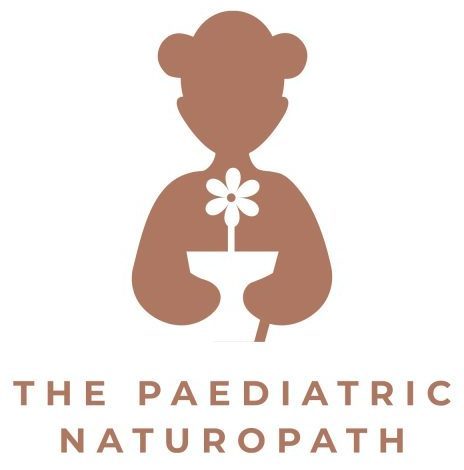Coeliac disease is a complex multi-system condition that affects digestion and can lead to serious ongoing health concerns for your child. Some of the biggest longterm risks include iron and nutrient deficiencies, anaemia and other autoimmune diseases.
Diagnosis has become increasingly common due to testing and screening advancements in the last decade. Despite this, it is estimated that an astonishing 95% of people are undiagnosed.
It is considered to have two key periods where it develops and starts to show symptoms. The first is in children, between 4 and 24 months of age and then later in adults in their thirties. The initial onset in toddlers is thought to occur due to the initial introduction of gluten into the diet. Despite this, the current average age of diagnosis within children is 9 years of age.
So why the delay?
Atypical symptoms
Coeliac disease can be difficult to diagnose in children due to the different ways it presents. Unlike in adults, where digestive symptoms are common, in children there are a number of atypical signs and symptoms. What’s more, these symptoms vary from child to child and between infants and children.
It is estimated that approximately 60% of children experience primary symptoms that are not obviously tummy related including:
- Short stature
- Failure to thrive
- Delayed puberty onset (in boys)
- Irritability
- Arthritis
- Hypogonadism (in girls)
- Chronic headaches
- Weight loss
- Iron deficiency
- Ongoing fatigue
- Decreased appetite
- Itchy rash
- Weight gain (75% of children with coeliac disease are overweight)
- Period changes (in teenage girls)
Digestive symptoms
While less common, digestive symptoms can also occur in children.
Clinical digestive symptoms include:
- Bloating and gas
- Abdominal pain
- Nausea
- Diarrhoea
It is thought that tummy issues develop later on in the illness progression, which could suggest why there is a delay in diagnosis.
What causes coeliac disease?
Coeliac disease is a hereditary autoimmune condition that causes a breakdown of the digestive lining when gluten (a protein found in wheat, barley, rye and oats) is consumed. What causes this autoimmune illness to develop is largely unknown, but family history is one of the biggest risk factors. The hereditary gene is passed on to the child from one parent, leading to a predisposition. Exposure to a certain toxins and early gluten consumption have been linked to an increased risk of developing the condition.
There is also an increased risk of developing coeliac disease with other autoimmune conditions such as hyper and hypothyroidism, type 1 diabetes and epilepsy.
The danger of undiagnosed disease
What was once considered an intolerance that you outgrew as you aged is now known to be a lifelong autoimmune condition. However, it’s not all bad – a coeliac diagnosis is not the end of the world for your child. There are a flurry of new products flooding the market each month and with the right dietary planning a healthy and fulfilling diet is possible.
The biggest risk however lies in undiagnosed disease.
Deficiency and malnutrition
Nutrient deficiencies and eventual malnutrition are a big concern with coeliac children. The damage to the intestinal lining that occurs prevents the effective absorption of nutrients and minerals. In particular, calcium, folate and iron can negatively affect a child’s ability to thrive and ongoing development. Low bone density and stunted growth can be a common indication of malnutrition amongst affected children.
It is estimated that 40% of coeliac children are iron deficient and this can be attributed to a large number of the presenting symptoms such as fatigue, irritability and menstruation changes.
Want to know more?
There is a complex testing process involved in order to determine a positive diagnosis of coeliac disease. The only effective treatment is a strict gluten-free diet and nutritional therapy.
If you suspect that your child may have coeliac disease or a gluten intolerance, why not book in for a free discovery call to discuss your options further.
If you are interested in helping your child’s gut health and wellbeing then The Good Gut System is the perfect solution. To find out more about food intolerances have a read of this post I wrote on undiagnosed food intolerances.




